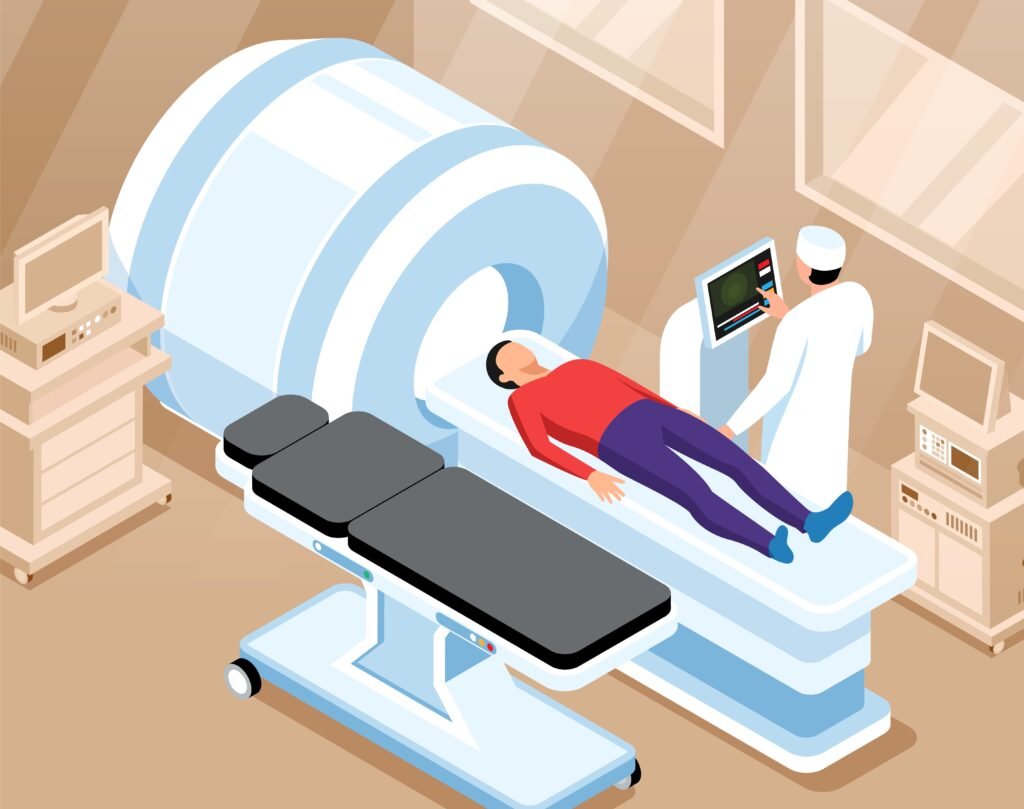Introduction:
Depression, a pervasive mental health disorder affecting millions worldwide, requires a multifaceted treatment approach for effective management. While depression can profoundly impact individuals’ lives, the journey toward healing often involves collaboration with skilled healthcare professionals. Among these professionals, Advanced Practice Nurses (APNs) are crucial in providing comprehensive care, offering support, guidance, and evidence-based interventions tailored to each patient’s unique needs.
Understanding Depression:
Depression, clinically known as major depressive disorder (MDD), extends beyond temporary feelings of sadness or distress. It encompasses persistent feelings of hopelessness, emptiness, and disinterest in activities once found pleasurable. With symptoms ranging from changes in appetite and sleep patterns to difficulties in concentration and recurrent thoughts of self-harm, depression can significantly impair daily functioning and diminish overall quality of life.
The Causes of Depression:
While the exact aetiology of depression remains complex and multifaceted, it often arises from a combination of genetic, biological, environmental, and psychological factors. Major life events, chronic stress, traumatic experiences, medical conditions, and substance abuse can all contribute to the onset or exacerbation of depressive symptoms. Recognizing these underlying factors is pivotal in developing personalized treatment plans aimed at addressing the root causes of depression.
The Role of Advanced Practice Nurses in Depression Treatment:
Advanced Practice Nurses bring knowledge, skills, and compassion to the forefront of depression treatment APN. Their holistic approach encompasses various facets of care, including assessment, diagnosis, medication management, psychotherapy, collaborative care, education, and support.
Assessment and Diagnosis:
- APNs conduct comprehensive assessments to evaluate the severity and impact of depressive symptoms on patients’ lives. They gather valuable information through clinical interviews, standardized screening tools, and observation to inform diagnosis and treatment planning.
Medication Management:
- With prescriptive authority, some APNs can prescribe and monitor antidepressant medications, adjusting dosages and medications as needed to optimize therapeutic outcomes while minimizing side effects.
Psychotherapy:
- APNs are proficient in various forms of psychotherapy, such as cognitive-behavioural therapy (CBT), interpersonal therapy (IPT), and dialectical behaviour therapy (DBT). These evidence-based modalities empower patients to identify and challenge negative thought patterns, develop coping strategies, and cultivate resilience in adversity.
Collaborative Care:
- APNs collaborate closely with psychiatrists, psychologists, social workers, and other healthcare professionals to ensure comprehensive and coordinated care for patients with depression. They optimize treatment outcomes and support patients’ holistic well-being by fostering interdisciplinary collaboration and communication.
Education and Support:
- APNs provide invaluable education and support to patients and their families, fostering an understanding of depression, treatment options, and coping strategies. Through empathetic listening, psychoeducation, and empowerment, they empower patients to participate actively in their recovery journey.
Monitoring and Follow-up:
- APNs monitor patients’ progress throughout treatment, regularly assessing symptoms, adjusting treatment plans, and providing ongoing support and encouragement. By promoting continuity of care and proactive symptom management, they mitigate the risk of relapse and enhance long-term recovery outcomes.
Innovative Approaches to Depression Treatment APN:
In addition to traditional treatment modalities, APNs are at the forefront of integrating innovative approaches to depression treatment, such as deep transcranial magnetic stimulation (DTMS), ketamine-assisted healing, and lifestyle psychiatry.
Deep TMS:

- Deep TMS is a non-invasive neurostimulation technique that targets key areas of the brain associated with mood regulation. With promising results in improving depressive symptoms, DTMS offers a safe and effective alternative for individuals who haven’t responded to traditional treatments.
Ketamine-Assisted Healing:
- Ketamine, once used primarily as an anesthetic agent, has emerged as a promising treatment for severe and treatment-resistant depression. Administered under medical supervision, ketamine-assisted healing provides rapid relief from depressive symptoms and facilitates deeper therapeutic exploration.
Lifestyle Psychiatry:
- Lifestyle psychiatry emphasizes holistic wellness by addressing lifestyle factors that may contribute to depression, such as exercise, diet, sleep, stress management, social interactions, and substance use. By promoting overall health and well-being, lifestyle psychiatry complements traditional treatment modalities and enhances resilience against depression.
Conclusion:
Depression is a complex and challenging mental health disorder that requires a comprehensive and individualized approach to treatment. Advanced Practice Nurses play a pivotal role in delivering high-quality care, integrating evidence-based interventions with innovative treatment modalities to support patients’ recovery journeys. Through their expertise, compassion, and dedication, APNs empower individuals to navigate the complexities of depression, cultivate resilience, and reclaim their lives with hope and purpose.
